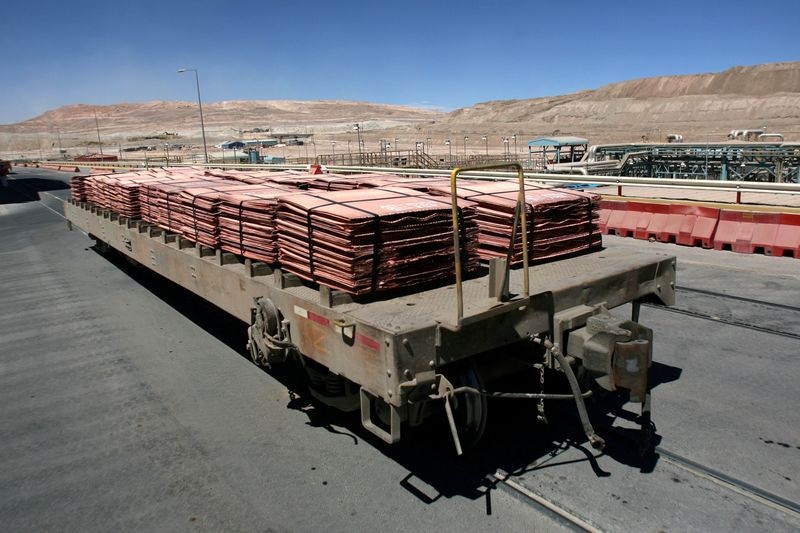Copper prices experienced mild fluctuations on Monday due to uncertainty in demand, elevated supplies, and the impact of a weaker US dollar. The three-month contract on the London Metal Exchange (LME) remained stable at $8,171 per metric ton, mirroring its weekly gain from Friday. Simultaneously, the heavily-traded December contract on the Shanghai Futures Exchange (SHFE) slid 0.4% to 67,380 yuan ($9,245.08) per ton.
This fluctuation follows Friday’s trading where LME and SHFE copper prices declined, with trading volumes marked at 21,000 and 32,000 lots respectively. This decline was influenced by disappointing U.S. non-farm payrolls in October which saw the smallest increase since June, a mere 150,000 jobs, along with downward revisions of total job numbers.
On the other hand, lead prices on the LME opened at $2128/mt last Friday evening and soared to a new monthly high of $2,174/ton in the European session due to an unexpected stock drop. Late trading closed at $2,172.5/ton, up 2.09%. Concurrently, SHFE’s December lead contract rose 0.51% to 16,635 yuan/mt.
Copper inventory across Chinese markets stood at 63,700 mt on November 3rd due to spot resources replenishment and decreased output from smelters affected by maintenance. This inventory increase was also influenced by a copper price rebound which led to a wait-and-see sentiment downstream contributing to South China’s new low inventory levels and an overall reduction in demand.
Despite a recent decline in stocks within LME warehouses, they have generally increased over time. Copper stocks on SHFE spiked by 11.3% last Friday but remain near a yearly low. The seasonal consumption of the metal in power, transportation, and construction sectors is set to slow during the winter, compounded by an inconsistent economic recovery in China.
In other developments, Sheng Qiuping’s roundtable meeting in Shanghai announced the lifting of manufacturing foreign investment restrictions which could potentially affect future market dynamics.
This article was generated with the support of AI and reviewed by an editor. For more information see our T&C.
Read the full article here




